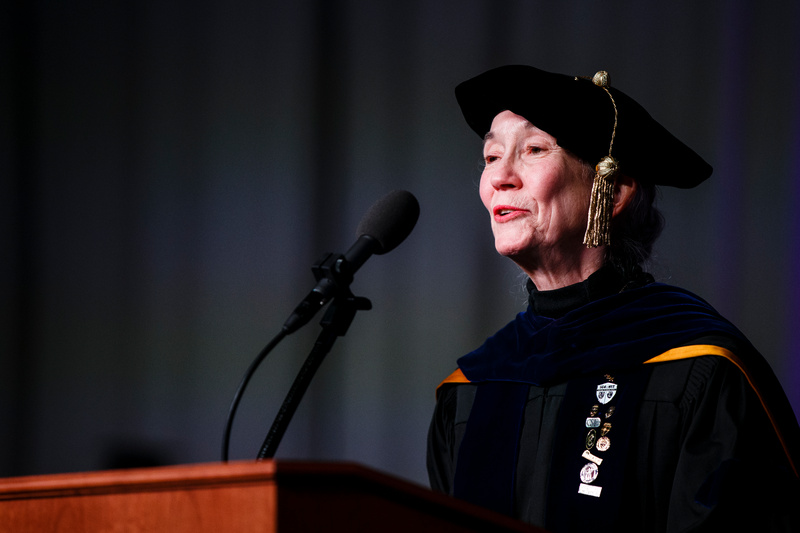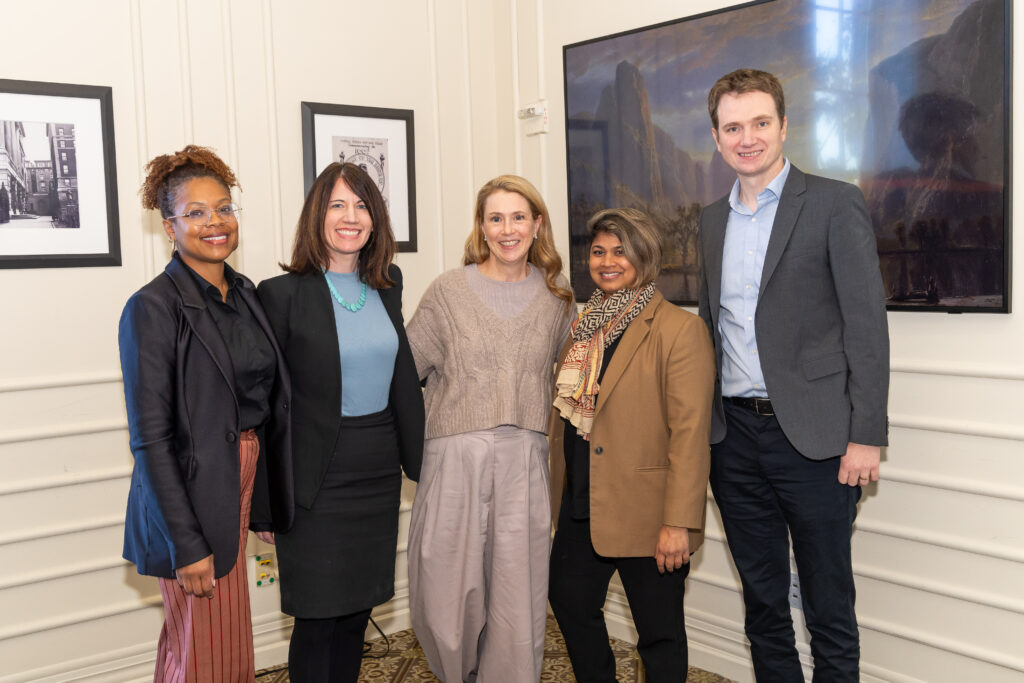Dr. Manjeet Rege, professor and chair of the Department of Software Engineering and Data Science at the University of St. Thomas, and a leading AI expert, delivered the opening keynote speech on Sept. 7 at the Minnesota IT Symposium, providing insights into the rapid advances and potential impacts of artificial intelligence technology.
In his address, “Exploring the Boundaries of AI: Limitations, Societal Impact, and Ethical Considerations,” Rege noted last year marked a pivotal moment for the field of AI, particularly the rise of generative AI models like ChatGPT. “Generative AI reached new heights in capability and awareness in 2022. These advanced systems can generate remarkably human-like text, images and other content, leading many to hail last year as the breakthrough year for this technology,” he said.
While generative AI shows promise, Rege was careful to balance his optimism with notes of caution. He discussed limitations in areas like reasoning, logic and common sense. AI still requires human supervision to function safely and ethically. Issues around bias and misinformation continue to pose challenges as well.
AI automation could displace some jobs, especially those involving repetitive, rules-based tasks, but AI can also augment many workers’ productivity and enhance human capabilities. According to Rege's assessment, certain occupations like truck driving, clerical work and manufacturing are more susceptible to automation in the coming years. However other jobs involving creativity, strategy, design and interpersonal skills are less likely to be replaced outright. Significant training and adaptation will be necessary to smooth the transition.
While AI progress is accelerating, Rege emphasized that we are still in the early stages of this technology. The challenge is in effectively integrating AI tools into business operations. Harnessing AI for social benefit requires overcoming the limitations, managing risks, and proactively addressing workforce impacts through training and adaptation. The future of work will see humans and machines complementing each other in new ways across many fields. If deployed ethically, AI can augment human intelligence for the betterment of business and society.







